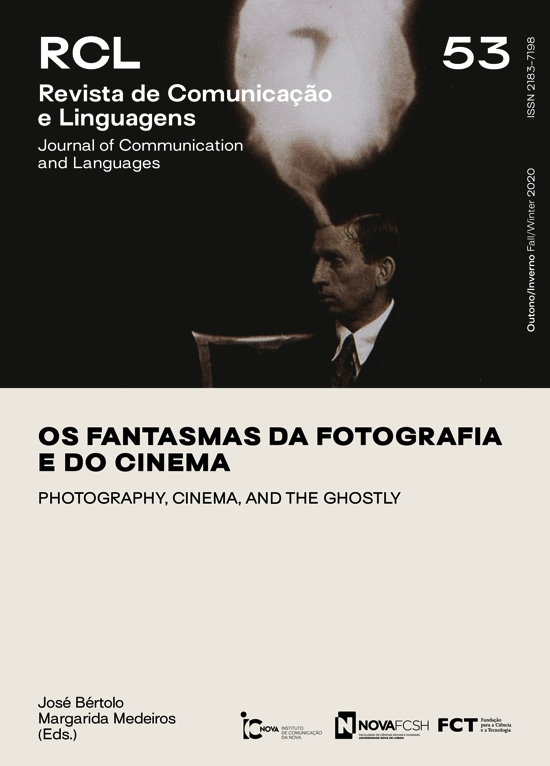Photographic Encounters with (In)visible Mothers in Roland Barthes’ Camera Lucida, W. G. Sebald’s Austerlitz and Erri de Luca’s Non ora, Non qui
Resumo
This article deals with three literary texts by Roland Barthes, W. G. Sebald and Erri De Luca, linked with each other thanks to the employment of photography in rela- tion to the image of the mother. Yet, the ways in which each author negotiates with the mother-son photograph- ic encounter are diverse: while in Barthes the photograph of his mother is substituted by the one of another woman, Nadar’s mother, in Sebald the photograph is physically printed on the page and interspersed within the literary narration; finally, in De Luca the photograph is depicted only verbally. On the one hand, photography seems to be the right medium to use in order for the process of recol- lection to be fulfilled; on the other hand, its employment problematizes some of the medium’s characteristics. In- dexicality, materiality, and the relationship that the act of viewing establishes between the self and the other, as in such encounters, for instance, “the image becomes a subject and the subject becomes an image” (Cadava 2009, 9), are indeed put under scrutiny. The distance between the narrators and their mothers is not uniquely temporal (the former are always older than the latter, who are mainly framed as young girls, thus deprived of their motherhood, and deceased at the moment of the narra- tors’ recollection) but also spatial. Photography, and its usage within verbal narrations, creates in fact a separa- tion—both ideological and material—between the space of the viewer and that of the viewed. In sum, the compar- ison among these texts promotes a reconsideration of the ontology of the photographic medium, in particular of its presence/absence dichotomy, as “a photograph is always invisible” (Barthes 1980, 18), and a re-contextualization of the space/time units, among other issues. Photography | mother-son | absence | memory | temporality
Direitos de Autor (c) 2020 Revista de Comunicação e Linguagens

This work is licensed under a Creative Commons Attribution-NonCommercial 4.0 International License.


